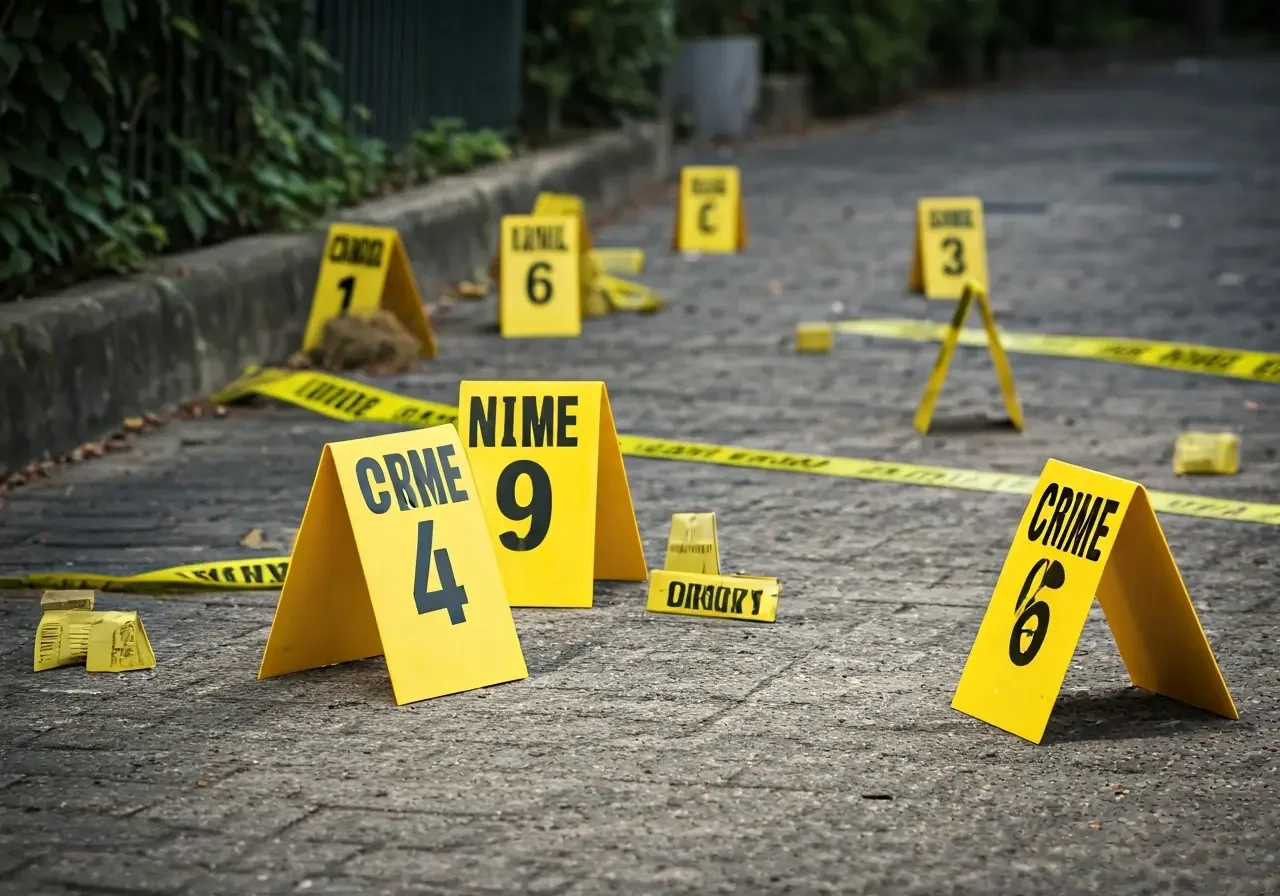Why is Forensic Investigation Crucial in Legal Cases?
In the world of legal disputes, evidence is king. But not just any evidence—the kind that can stand up in court, provide clear insights, and tell a story. This is where forensic investigation comes into play. Let's dive into why these meticulous processes are essential for legal cases.
Understanding Forensic Investigation
Forensic investigation is the application of scientific methods and techniques to solve crimes. This multidisciplinary approach includes a wide range of specialties, from DNA analysis to digital forensics, each contributing uniquely to uncover evidence.
One of the key aspects of forensic investigation is its ability to bring together various fields such as chemistry, biology, and physics to solve diverse types of crimes. This fusion not only ensures comprehensive analysis but also strengthens the reliability and credibility of the evidence presented in court.
A prime example of forensic efficacy is the utilization of DNA analysis. With the advent of advanced technologies, specialists can now extract and match DNA samples from even the tiniest biological traces found at crime scenes, providing irrefutable evidence that can be the turning point in a legal case.
How Forensic Investigation Supports Legal Cases
Accurate crime scene reconstructions, deep analyses of digital data, and precise DNA matches are just a few ways through which forensic investigation can support a legal case. By providing concrete evidence, it assists in validating claims and defending the innocent.
Another crucial aspect is the role of digital forensics, which has become increasingly important in legal cases given the rise of cybercrime. Specialists can recover and analyze data from electronic devices, painting a clear picture of criminal activities that might have gone unnoticed otherwise.
Forensic science not only helps solve crimes but also aids in resolving civil disputes. For example, forensic accountants can trace financial discrepancies and unravel complex cases of fraud. This demonstrates the versatility and indispensability of forensic analysis across various domains.
The Process of Collecting and Preserving Evidence
The integrity of the evidence is paramount. Through careful collection, cataloging, and preservation, forensic experts ensure that evidence remains uncontaminated and reliable, making it a linchpin in court proceedings.
An essential component of maintaining evidence integrity is establishing a robust chain of custody. This means meticulously documenting every individual who had access to the evidence, from its initial collection to its final presentation in court. This process ensures transparency and accountability at each step.
Advancements in forensic technology have also enhanced the methods of evidence storage. Forensic labs now use sophisticated systems to store and manage evidence, further safeguarding its integrity from potential loss or tampering while awaiting analysis or trial.
Challenges Faced in Forensic Investigations
Despite its importance, forensic investigation often grapples with challenges like evolving technology, limited resources, and maintaining chain of custody. However, these hurdles are actively addressed through advancements and ongoing expert training.
One major challenge is the rapid pace of technological advancement, which continually reshapes the landscape of cybercrime and digital evidence. Forensic experts must stay ahead by constantly updating their skills and knowledge to effectively tackle these new challenges.
Resource limitations, including funding and staffing shortages, can also hinder the efficiency of forensic investigations. This often necessitates prioritization of cases, which may lead to delays in delivering critical evidence for legal proceedings.
The Critical Role of Forensic Investigation
Forensic investigation plays a pivotal role in the legal system by ensuring justice is served through accurate, scientific evidence. From preserving crime scenes to analyzing digital data, each step contributes to uncovering the truth and supporting fair trials. As legal cases become more complex, the value of these investigations only increases. To learn more about how forensic analysis can aid your case, visit our homepage.

